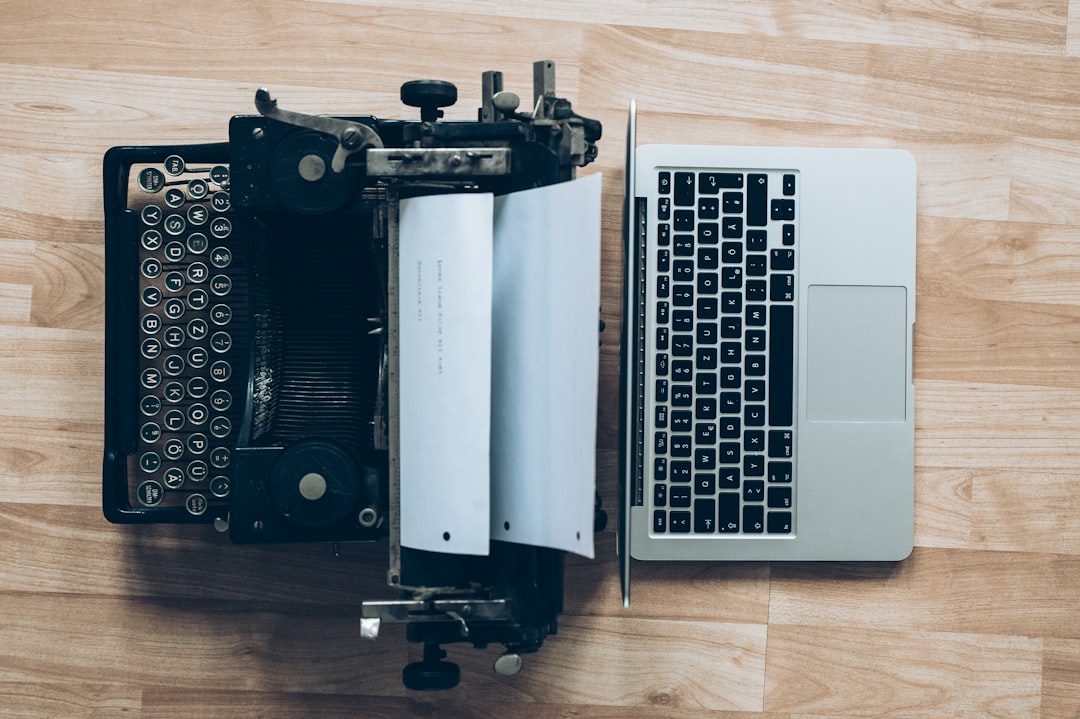Typos and Turing Tests
The only black box I need is my subconscious.

I refuse to generate word of content with AI. Text suggestion in email? Nope! It's toggled off. Grammarly? Nope! I won't download it. ChatGPT? Nope! The latest leap in AI changes nothing for me. The only black box I need is my subconscious.
I've had a couple conversations with the text-generating bot, GPT-3, and it's impressive. It's exciting! I'm glad it exists. But here is one of its many downsides: You and I have surely read thousands of words that were generated by AI and presented as original content.
Much of ChatGPT's content would pass a Turing Test, meaning its responses are indistinguishable from what a human's might be. The bot's blog content reads like the average of online writing, and, when a human posts that content, we have no reason to think that they didn't write it. We're unwittingly consuming content that was generated in an instant and attributing it to the people who post it.
ChatGPT is the world's ghostwriter (at least until they put it behind a pay-wall). It does all the work and gets no credit. Ghostwriting has always bothered me because, by failing to give credit to the writer, it devalues the craft of writing.
No one seems to know or care that the "tell-all account of a life well lived" from your favorite news anchor, athlete, actor, or politician is (most likely) a ghostwriter's doing. That devalues the craft of writing because it makes it seem like anyone can write a book. So few people can write a book, even fewer a bestseller — even if Gisele's face is on the cover. Imagine if the ceiling of the Sistine Chapel were sold to the public as "The Pope's Frescos." Even if Michelangelo were paid a large sum, would it not be wrong to strip him of credit for his work? Why does this scenario sound crazy for painting when it is exactly what happens with writing?
If we defer to AI, we will dilute the contents of the Internet, sacrificing quality for quantity.
If you, like me, have no interest in reading "ideas" from an AI, here's a tip: Follow writers who make typos. Typos will become watermarks of humanity — brain-beacons in a CPU-world. An AI doesn't make typos because an AI doesn't type. A typo is the result of 1) fleshy fingers clacking on a keyboard and 2) the oversight of a human mind. Yet only in those flawed, frustrated, convoluted, insufficient, divine minds are ideas worth reading.
Springboard:
How do you feel right now, and why do you feel that way? How would you feel after writing down your answer to that question?


